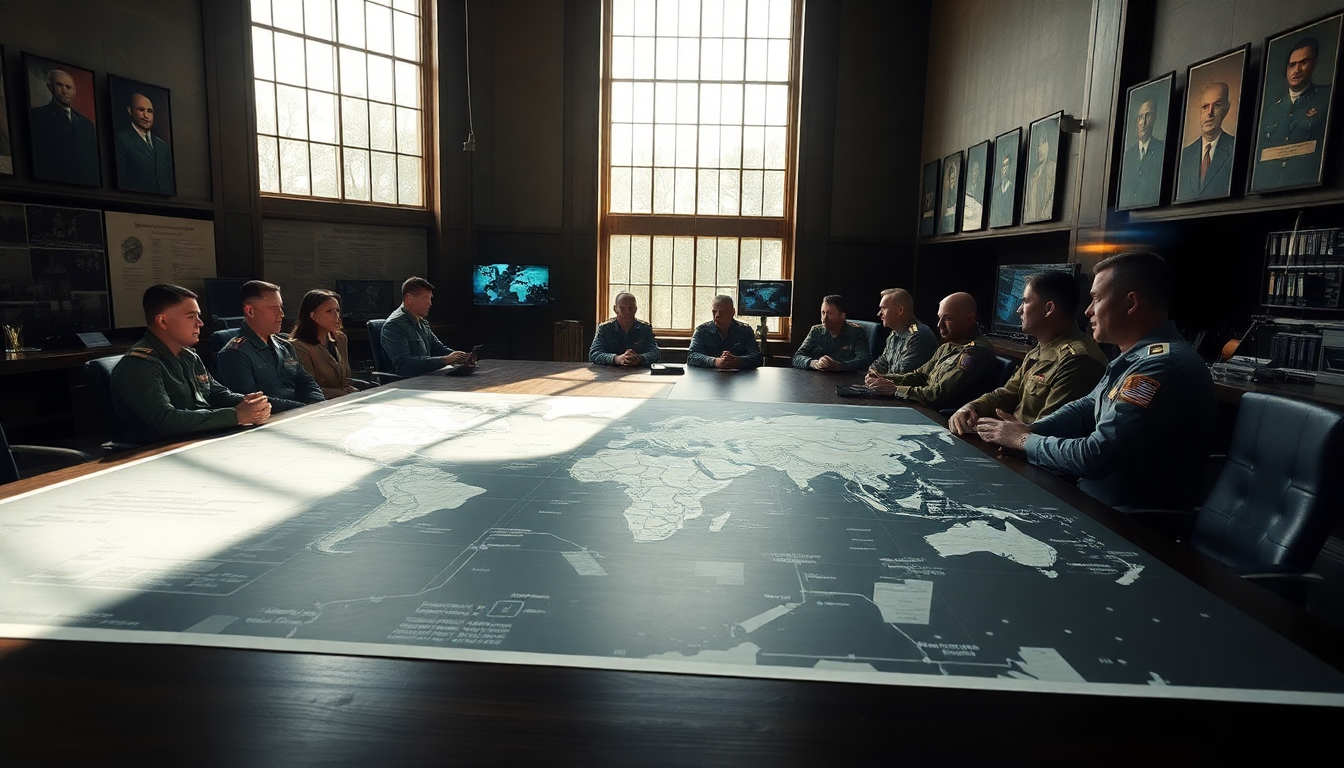Table of Contents
The U.S. military is entering a transformative phase under the guidance of Secretary of Defense Pete Hegseth, who is focused on reinstating the military’s *warrior ethos*. This shift is particularly noteworthy as the Pentagon has opted to suspend its involvement in all think tank events, stepping away from its long-standing practice of engaging in discussions about national security with civilian experts. So, what does this mean for the future of military engagement and national security discourse? Let’s dive into the details.
The Pentagon’s New Policy Direction
The Pentagon’s recent decision to halt participation in think tank events marks a significant turning point in U.S. military strategy. These gatherings have historically provided a platform for defense officials to connect with civilian experts and industry leaders, fostering discussions on pressing national security issues. Yet, this new direction aims to ensure that the Department of Defense (DOD) aligns itself with organizations that reflect the current administration’s values.
Pentagon press secretary Kingsley Wilson made it clear: moving forward, no DOD officials will engage with what he described as *“America Last organizations.”* This shift highlights a broader ideological change in how the military approaches public engagement, emphasizing alignment with the administration’s goals and messaging. To reinforce this, the DOD’s Office of Public Affairs will implement rigorous vetting processes for conference invitations, ensuring that officials only participate in forums that support the administration’s agenda.
The Implications for National Security Discourse
This strategic pivot raises important questions about the future of national security discussions in the U.S. Think tank events often bring in funding from foreign governments and defense contractors, allowing for a rich exchange of perspectives. By stepping back from these discussions, the Pentagon risks isolating itself from critical dialogues that shape U.S. defense policy. Have we thought about how this might affect our global standing?
The suspension from events like the Aspen Security Forum—known for featuring voices from across the political spectrum—underscores the administration’s intent to distance itself from what it views as *globalist agendas*. Critics argue that this could undermine the collaborative spirit vital for addressing complex security challenges in an increasingly interconnected world. Isn’t collaboration key when tackling issues that affect us all?
A Historical Context of Military Engagement
Looking back, defense secretaries have actively participated in a range of defense conferences, including prestigious forums like the Munich Security Conference and the Reagan Defense Forum. These platforms have allowed military leaders to convey U.S. defense strategies, build alliances, and strengthen partnerships with international counterparts. With Hegseth’s leadership, the abrupt withdrawal from such events is a notable departure from this historical practice.
While some argue that this new approach fortifies U.S. sovereignty and prioritizes national interests, it remains to be seen how it will impact the Pentagon’s ability to engage with allies and effectively tackle global threats. Could the absence of U.S. military representatives at crucial security forums create a vacuum that adversarial powers might exploit?
Looking Ahead: The Future of U.S. Defense Strategy
As the Pentagon navigates this new policy landscape, it’s essential to keep an eye on how these changes affect domestic and international security dynamics. The U.S. military’s ability to clearly communicate its strategic objectives while remaining open to diverse viewpoints will be critical in maintaining its leadership role on the global stage.
In conclusion, the Pentagon’s recent policy shift signals a broader ideological realignment within the U.S. military. While this strategy may resonate with certain domestic audiences, we can’t overlook its potential implications for national security discourse and international cooperation. The coming months will reveal whether this realignment strengthens or hinders the U.S. military’s capacity to tackle evolving security challenges. Are we ready for what lies ahead?


